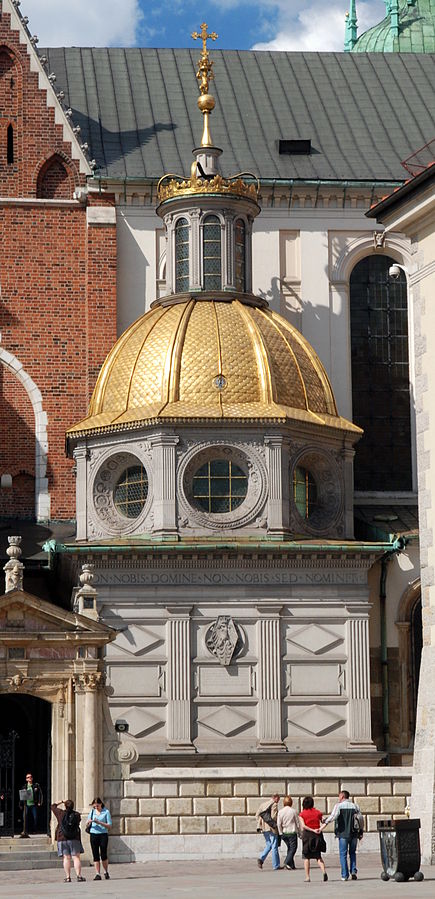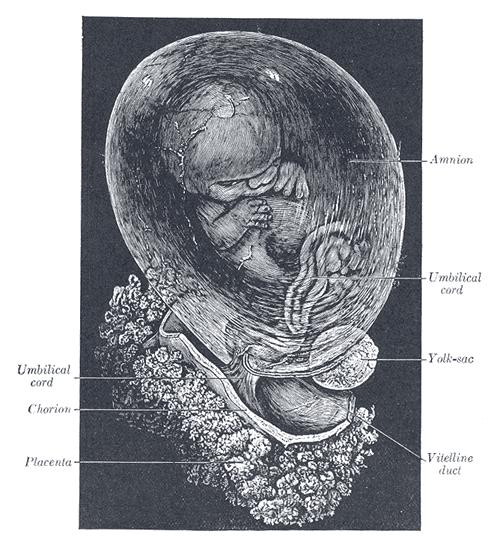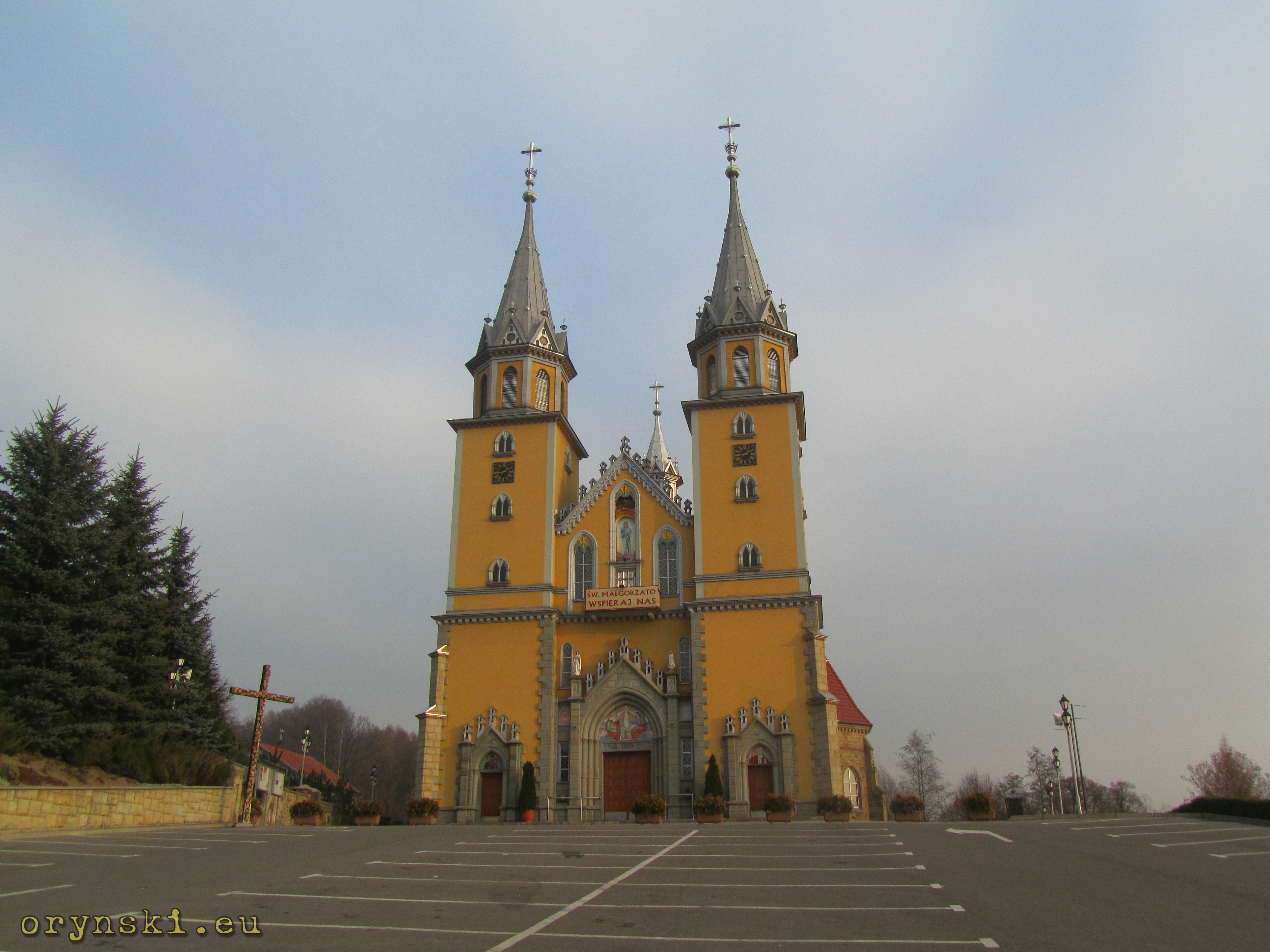Contrary to popular opinion, Poland is not homogeneously Catholic country. Moreover, even Polish Catholics are deeply divided over many issues regarding their church. The subject that provokes exceptionally heated discussion is the question of greediness of church officials.
 Many Poles may look down at Czechs and treat them mostly as purveyors of good beer and amusement, but at the same time they admire Czech Republic as the country that, unlike in Poland, many things are “normal”. Therefore often when matter of transferring assets from the state to church is discussed, Czech Republic comes as an example of “how it should be”, because Czech Republic did not reimbursed Catholic Church for its property lost to the state during communist era. The argument of the pro-Church side of the dispute is usually fact, that in Czech Republic priests salaries are funded by the state and therefore the bottom line is less or more balanced. For that reason I was very surprised when I learned first time that Czech Republic considers restitution of Church goods. So before you Czechs go ahead, try to learn from other’s mistakes and look how the Church “claimed what’s his” from your neighbours.
Many Poles may look down at Czechs and treat them mostly as purveyors of good beer and amusement, but at the same time they admire Czech Republic as the country that, unlike in Poland, many things are “normal”. Therefore often when matter of transferring assets from the state to church is discussed, Czech Republic comes as an example of “how it should be”, because Czech Republic did not reimbursed Catholic Church for its property lost to the state during communist era. The argument of the pro-Church side of the dispute is usually fact, that in Czech Republic priests salaries are funded by the state and therefore the bottom line is less or more balanced. For that reason I was very surprised when I learned first time that Czech Republic considers restitution of Church goods. So before you Czechs go ahead, try to learn from other’s mistakes and look how the Church “claimed what’s his” from your neighbours.
In Poland question of restitution of the property belonging to religious organization was regulated even before first partially free elections on 4th of Jun 1989. Under the pressure from the Church, that had (and still has) very significant political power, the government of Mieczysław Rakowski has established so called “Property commissions” that were dealing with the matter. They were looking into claims presented by the Church side and if the claims were considered valid the property was returned, or when it wasn’t possible, alternative property of similar value was transferred to the church or financial reimbursement was awarded. These commissions, despite being completely not rooted neither in communist legal system, nor the new laws of free Poland, were for nearly 25 years taking final decisions from which there was no possibility of appeal. Moreover, the commissions were consisting of the representatives of both the government and church, so in a matter of speaking Church was a judge in its own case.
The system of the commissions, notably the commissions dealing with Catholic Church, left much more to be desired, although it only emerged in the recent years, due to the fact that these institutions were completely unsupervised and its work was kept away from the public eyes. Main objections to the commission dealing with Catholic Church were as follows:
1. Sloppy record keeping or even complete lack of documentation, which in some cases resulted in dealing with the same cases twice (for example in 1994 the Cistercian order was given land in Kraków as a reimbursement for lost property and ten years later it was awarded 66 millions of złoty as a compensation for the same property)
2. Valuation of properties lost by the Church during communist time, as well as valuation of properties that were proposed to be given to Church in case that the previous one were no longer available, was supplied by the Church side and almost never questioned (there were numerous cases when Church after being awarded some property instantly sold it for much higher price than valuation provided to the commission – in many cases for several times more)
3. Members of the commission were appointed without any procedures, nor their qualifications or possibility of conflict of interest were checked. They also had no official responsibilities at all, despite dealing with public money they had no obligation to take anyone’s interest into consideration and despite not being public officials, they were paid by the state (and that includes also these who were appointed by the church)
4. The commission not only was not examining the valuation of the properties proposed by the Church, but in many cases even their legal status was not checked. Therefore in many cases the Church was awarded with the property belonging to local councils, various institutions or even in same cases to private individuals (for example, district of Kłodzko lost the castle in Szczytna in which local institution for people with learning disabilities is hosted. Despite district of Kłodzko was not the involved party, suddenly found itself in the tricky situation: it has to pay rent to the church for use of the institution that is located there for over a half of century. The future of the institution is unsure as the church is looking to sell the castle and the council cannot afford the cost of building another place to host the institution at estimated cost of 30 000 000 złoty).
5. Some of the Church’ claims relate to the properties that are not in the field of the interest of the commission that was established only to deal with the matter of church property nationalized by the communist Poland. Yet amongst the claims one can find cases of property lost to the occupants during XIX century or even dating back as far as to 1668, or to the Evangelical churches taken over by Poland on former German lands after it’s borders were moved to the West as per Yalta agreement.
6. By establishing special commission to deal with the church claims while every other person or institution has to follow traditional legal path, the rule that everyone is equal in the eyes of law has been broken.
The scandal with the commission emerged only after local councils started to protest that grounds belonging to them or destined to host important local amenities, such as P+R tram terminal, local hospital or motorway junctions, are being suddenly passed over to the church living the local council hanged out to dry. To the council’s surprise the properties, that for the eyes of the commission were usually strongly undervalued, were then immediately sold at the market price to private investors. Local journalists started to follow the stench and the big scale scam saw the light of the day:
Marek P., former officer of the communist secret police, was acting as a representative of the church side. He was submitting the claim along with the valuation of the nationalized property. Valuation was often carried out by his partner, property expert Krzysztof B. and the amount was often exaggerated by the factor of two or more. As the claim was accepted he offered that the church can accept other property in exchange. This time Krzysztof’s B. strongly undervalued the property. A plot of land in Zabrze for example, valued at 6 millions was in fact worth six times more. After the ownership of the property was granted to the church side, it was then sold to previously agreed buyer, in some cases illegally as the priority rights to buy by current occupants of the property were ignored. The profits were then shared between the church and Marek P. and his partners. The victims of the scams were local councils, especially Kraków, that, on occasion, lost chance to use for the public good plots of land worth over 24 000 000 złoty that were never belonging to the church.
After the scandal emerged, prime minister Tusk decided to stop commission from further operation. Marek P. was arrested by the Central Anti-Corruption Bureau. But it will be much harder to put the members of the commission to justice. Due to their unusual position in which they hover in the void not tied by any legal regulations, they cannot be accused of abuse of their position, because they weren’t civil servants. They cannot be treated as the manages be accused of actions to the deriment, as their role was not in any way tied to looking after anyone’s interest – they were simply appointed to return property to the church. Finally they cannot be accused on participating in the scam conducted by Marek P. as since there were not required to posses any qualification for that job, there is no basis to expect from them to notice that valuations of the properties in question were unfair. Gazeta Wyborcza informed two years ago, that most of the prosecutions against the actions of the Property Commission were dropped. But still many lawsuit from the owners of the property granted to the churches or people who were deprived of their priority right to buy when the church decided to sell their lands have significant chances to be succesful. And it will be the state that will have to pay hefty compensations for it.
As per Catholic Church, when it comes to money, it’s teaching seems to loose importance to the bishops. The church officials express their regrets over the situation, but they are not considering returning unlawfully obtained lands and properties, despite that some estimations suggest, that thanks to irregularities in the work of property commissions the Church got back up to four times more than it was was entitled to. Even the fate of long time residents, like that of one elderly women who was evicted to the moulded portakabin in the middle of nowhere after home was granted to the church and then demolished to give way to the shopping mall, seems not to deprive the bishops of their sleep.
But the scandal with Property Commission has drawn attention of the media to the question of church assets. It’s a hard task to get any information as very limited data is available as church is an exemption from many taxes and therefore has no obligation to provide any information on the matter. The difficult question was tackled by the weekly magazine Polityka that in 2010 has bravely undertaken an attempt to estimate the Church’ wealth.
The findings of the report prepared by Cezary Łazarewicz shocked many: not only is Catholic Church the biggest landowner in Poland (mostly thanks to the actions of the Property Commission) but also benefits financially from several other arrangements with the state. The church is a subject to many tax exemptions, it is allowed to import goods without paying customs, the clergy is entitled to pensions and sick pay from the state’s budget without need to pay dues as everyone else. The state pays for several church institutions and educational establishments, the church pays salaries of catechists, both secular and cleric, while having no influence or control over their work in the public schools. As early as in 1970, the state presented to the church the properties occupied by it in Western Poland that in many cases were properties of the Evangelical Churches that were active there when it was part of Germany. In 1989 further step was undertaken by the state and the church became an owner of all the properties occupied by it (including the orthodox churches that were taken over after 1945 and protestant churches in Masuria district taken over by the Catholic Church after Mazurian Germans emigrated to Germany in 1970’s). In 1991 the Church was granted right to broadcast without the need of paying concession fees (just three years later there were over 100 of church run radio stations in Poland and only Radio Maryja itself by 2010 saved over 7 millions on those fees). The church in Western Poland was given over 37 000 hectares of land as a compensation for church property that was left in what is now Belarus, Lithuania and Ukraine, despite it was not a Polish state that took over these properties. Local parishes were very keen to use a loophole and claimed the 15 ha they were due several times in the row. The church was very keen to use loopholes also at the big scale. After thanks to its lobbying the parliament granted funding to Catholic University of Lublin on the basis, that by seizure of it’s land the state deprived university of its source of income, the Church applied for those grounds to be returned as if nothing happened and it succeeded as nobody in the parliament anticipated that.
And all that even before the activity of the Property Commission gets into the equation. As established by Polityka, by April 2010 the commission granted the church 60 000 ha of land, awarded it with 107 millions złoty of financial compensation and transferred the ownership of several properties, including 35 schools, 8 orphanages, 10 care homes, 19 hospitals, 15 surgeries, 3 museums, 3 libraries, 2 theatres, 2 libraries, several public buildings including court and procurator’s office and a bus station. And even that is not everything: in many cases the local councils were giving lands to the church independently from the Property Commissions. It is hard to establish how much of the land exactly is in the ownership of the Church, but according to some estimates the church benefits from over 80 000 000 złoty of agricultural subsidies from European Union every year.
The church does everything to hide its wealth from the public eyes. Its officials, carefully maintaining the picture of the poor church, being under a constant threat from former and present governments and secular European Union, are afraid that showing the truth would result in the further wave of anticlericalism. Although they claim that the church lives from the contributions of the faithful, the truth is different. While renting of church property is very significant source of income, vast majority of the church funding is obtained from the budget of the state: 5 000 000 000 złoty are spend on the church only when it comes to direct dotations and granting tax and other exemptions. Some estimates established that 1.08% of taxes paid by every Polish citizen goes directly or indirectly into the pocket of the Catholic Church. And even that is not the end of it yet.
Despite that nearly all claims of the Catholic church were met by the Property Commission, the church officials protest very strongly against liquidation of the Church Fund that was established when the Church property was nationalized in 1950’s and which since provides funding to the church. Moreover, the church still proves to be very flexible when it comes to milking the state budget for more, with the notable example of the funding for the construction of the Temple of Divine Providence in Warszawa that recently has stirred a public outrage. A future Temple comprises of a Museum of John Paul II and Primate Wyszyński that year ago was claimed to be inseparable part of the building for the purpose of claiming tax returns (as the construction of the churches is VAT exempt). But year later the Museum suddenly became completely separate project. That made possible for the Minister of Culture to award a grant of unheard sum of 6 000 000 (the other institutions that applied for the same grant were awarded sums smaller at least by the order of the magnitude). This would not be possible if the Museum continued to be inseparable part of the Temple, as by law state funding of churches is not allowed.
The changes from the communism to capitalism in Poland were at the expense of many ordinary people. The Balcerowicz plan shockingly transforming the state’s economy into aggressive capitalism left many people behind. Not many institutions or enterprises went through that bumpy period unharmed and many of the claimants still awaits the matter of the nationalization of their property during communist era to be resolved. Claims of many were only partially met and only fraction of the former wealth was returned to them. Obviously the Catholic Church became the only institution that not only was compensated for all the harm done to it by the communist state but vastly benefited from the new political situation. Jesus said “My Kingdom is not of this world”, but His representatives in Poland manage quite a big kingdom here on Earth, and enjoy unique situation that allows them to draw from the common jar without putting much into it. Some people go as far as to say that Poland is under Vatican occupation.
So Czechs, be aware, as you are at the verge of opening Pandorda’s box. Because when it comes to business, the priests will close their Bibles and open their suitcases for you to put your money in. And these suitcases might turn to be much deeper than you expect…
Tomasz Oryński
(some parts of this article are based on the report “Co Kościół ma?” by Cezary Łazarewicz in cooperation with Karina Osiecka and Natalia Bugacka, “Polityka” issue 40 (2776), 2nd of Oct 2010)
Text was published in Czech in Britské Listy
Photo: “Sigismund Chapel, Wawel 02” autorstwa Cancre – Praca własna. Licencja GFDL na podstawie Wikimedia Commons.




[…] klasztor. Oczywiscie jednak pazerność polskiego Kościoła Katolickiego nie zna granic (więcej here) i choć zakusy kleru na budynki na Świętym Krzyżu trwają od lat, aż do teraz nie było […]